Tom Francis, Head of Digital Advice at Octopus Money, takes a look at one of the most anticipated fiscal events of the year.
What was announced?
In the House of Commons, Rachel Reeves delivered her first Spring Statement, sticking to Labour’s promise to deliver only one major fiscal event per year – the autumn budget. While few major policy changes were expected, there were still updates that could impact your finances.
The Office for Budget Responsibility (aka the OBR, who is like the teacher that checks the government’s work) has revised its growth forecast for the UK from 2% to 1% in 2025. While this number is lower than expected, it is forecasted to increase again from 2026 through to the end of this parliament in 2029.
Spending cuts
Labour have been teasing welfare cuts for the past few weeks and this was confirmed by plans to make cuts of £4.8bn to the welfare budget. This particularly affects health-related benefits and could involve extra eligibility requirements for Personal Independence Payments (PIP). This will be offset by an increase in Universal Credit, though this amount has been frozen for current and future claimants.
Rachel Reeves also revealed Labour’s intention to make the civil service more efficient, and will cut running costs by 15%.
No tax rises were announced, but the chancellor plans to put extra resources behind cracking down on tax evasion, raising an extra billion pounds.
Spending increases
One area where spending will increase is on the defence budget. Reeves has allocated £2.2bn on this next year, with the intention of it hitting 2.5% of GDP. This has been said to be for increased security in an uncertain world.
The government has pledged £13bn of spending on infrastructure, investing in sector reforms and training of more people in the construction industry. This is to support long-term growth and Labour’s target of delivering 1.3 million new homes, revised down from the initial plan for 1.5 million new homes.
Reeves predicts that Labour’s commitment to reduce debt and borrowing, together with these measures, will UNO reverse the £4.1bn deficit in the UK’s public finances into a £9.9 surplus over the next five years.
The government is still aiming to hit its 2% inflation target by 2027. Whether or not this will happen remains to be seen.
What does the Spring Statement mean for you?
Overall, there were no big changes to personal finance. All personal allowances and tax bands remain unchanged.
The £20,000 ISA allowance remains the same, making it a good way to invest in a tax-efficient way.
Pension allowances also remain the same, although changes to inheritance tax and how pensions are passed on may require additional planning.
Bills bills bills
Price increases across energy, broadband, mobile phone contracts, TV licence, car tax, water and council tax will result in higher household bills. Nerdwallet have calculated that households could pay around £360 more per year on average.
Many of these bill increases will kick in from April 2025. Some, like TfL, have already risen since March 2025.
Stamp duty will change as announced in the autumn budget, from 1 April 2025.
As tax bands and personal allowances remain frozen until April 2028, many may find themselves pulled into a higher tax bracket and end up paying more in taxes.
Ultimately, forecasts are just that – they’re not guarantees. Understanding new government rules will help you manage your money and plan for your financial future.
If you’re wondering how any of the policies set out will affect your financial goals, book a session with one of our money experts and we’ll do our best to help.
